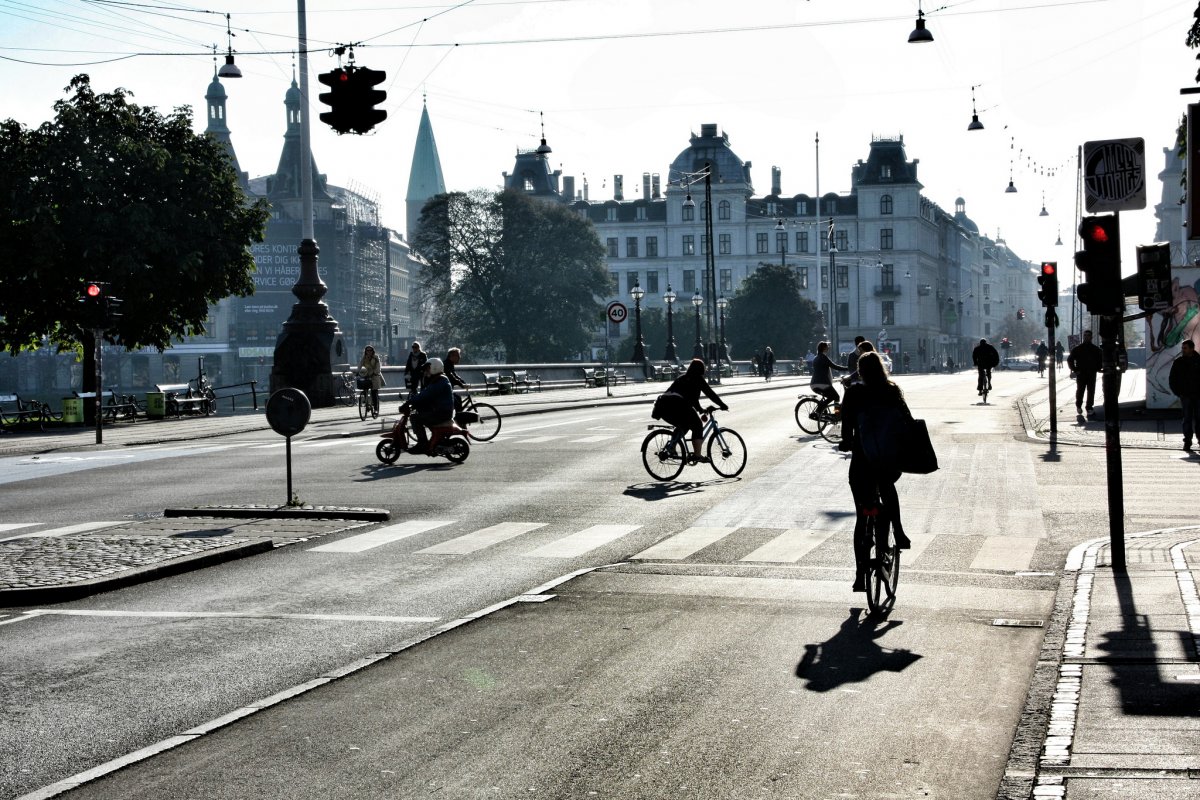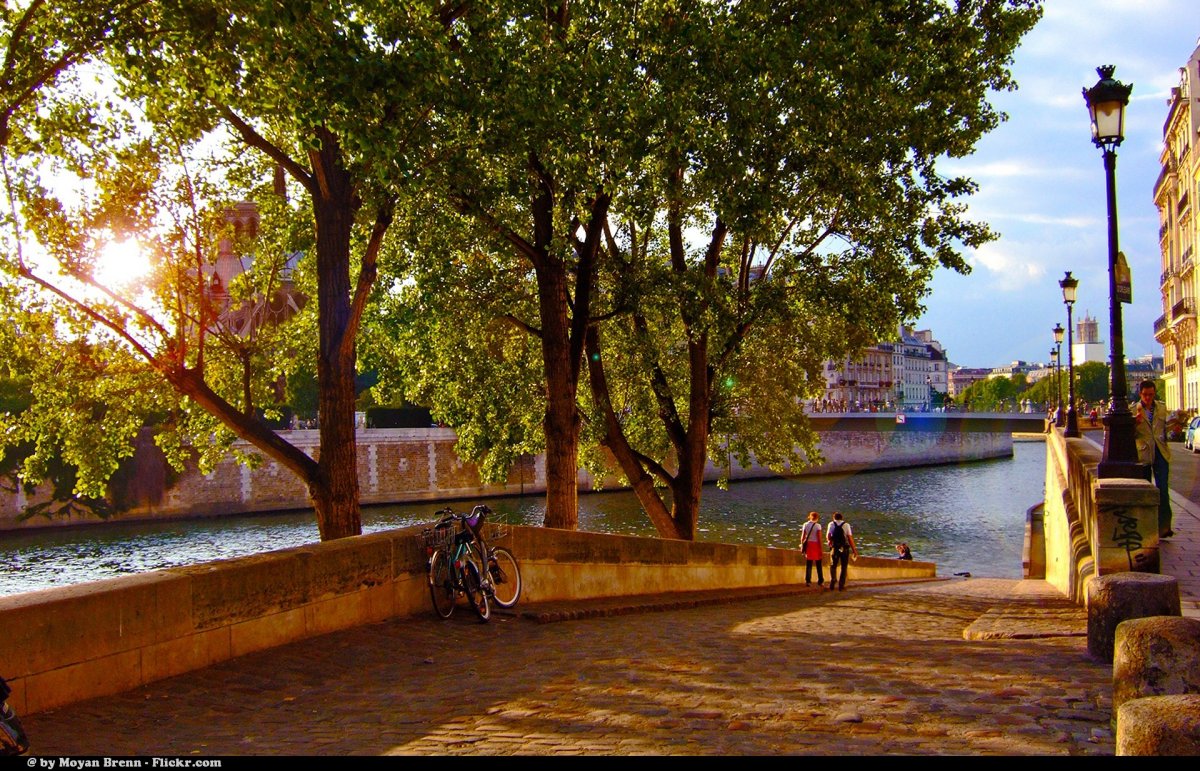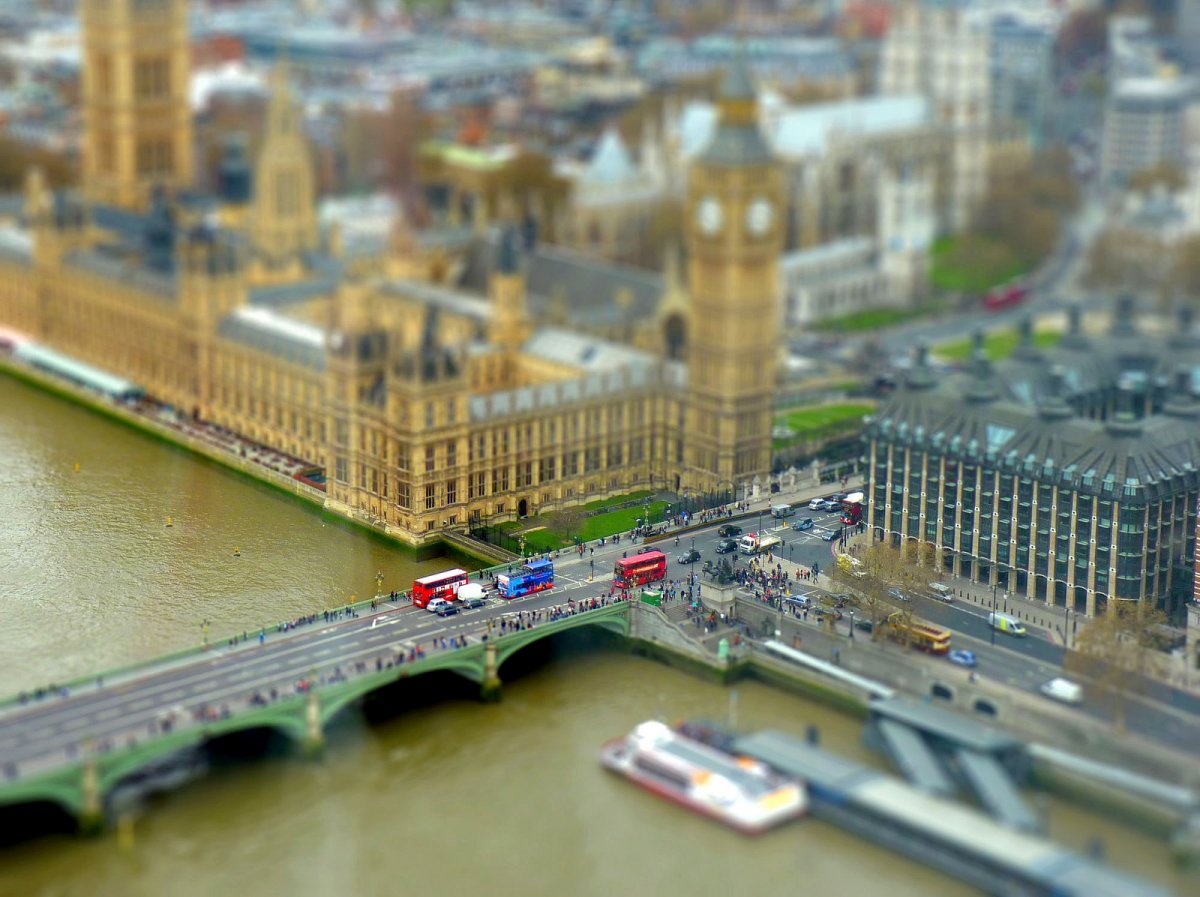
8 cities that are starting to go car-free
More Recent Stories
- U.S. MILITARY WARNS OF PLOT BY FEDERAL RESERVE BANKERS TO HAVE CIA MERCENARIES FROM LIBYA KILL NEW YORK COPS
- April 29, 2024 : UPDATE TO FOURWINDS READERS
- AMERICA HASN'T LEARNED A THING: Racism, Materialism and Militarism Still Reign Supreme
- UPDATE: TO FOURWINDS READERS January 13 2023
- A PRAYER FOR AMERICA
Help Us Grow
Like Us On Facebook and Follow Our Posts
Most Emailed
Leanna Garfield
.jpg)
Earlier this month, the city of Oslo decided to ban all cars from its city center by 2019.
The Norwegian capital will replace 35 miles of roads previously dominated by cars with bike lanes.
It's not the only city taking the car-free plunge. Urban planners and policy makers around the world have started to imagine cities with more spaces for pedestrians.
Here are eight cities leading the car-free movement.
Oslo, Norway just announced a car ban by 2019.

Oslo.
The city plans to permanently ban all cars from its city center by 2019. In addition to the bike lanes, the city will invest heavily in public transportation.
"The fact that Oslo is moving forward so rapidly is encouraging, and I think it will be inspiring if they are successful," says Paul Steely White, the executive director of Transportation Alternatives, an organization that supported New York City's Citi Bikes and advocates for car-free cities.
Madrid's planned ban is even more extensive.
Madrid plans to ban cars from 500 acres of the city center by 2020, with urban planners redesigning 24 of the city's busiest streets for walking rather than driving.
The initiative is part of the city's "sustainable mobility plan," which aims to reduce daily car usage from 29% to 23%. Drivers who ignore the new regulations will pay a fine of at least $100. And the most polluting cars will pay more to park.
"In neighborhoods, you can do a lot with small interventions," Mateus Porto and Verónica Martínez, both architects and urban planners from a local pedestrian advocacy group A PIE, told Fast Company. "We believe that regardless of what the General Plan says about the future of the city, many things can be done today, if there is political will."
People in Chengdu, China will be able to walk anywhere in 15 minutes or less.
Chicago-based architects Adrian Smith and Gordon Gill designed a modern suburb for the Chinese city. The plan makes it easier to walk than drive, with city streets designed so that people can walk anywhere in 15 minutes.
While not a complete car ban, only half of the roads in the 80,000-person city will allow vehicles. The firm originally planned to make this happen by 2020, but zoning issues are delaying the deadline.
Hamburg is making it easier not to drive.
The German city plans to make walking and biking the dominant mode of transport. Within the next two decades, Hamburg will reduce the number of cars by only allowing pedestrians and bikers to enter.
The project calls for a gruenes netz, or a "green network," of connected areas that people can access without cars. By 2035, the network will cover 40% of Hamburg and will include parks, playgrounds, sports fields, and cemeteries.
Bikes continue to rule the road in Copenhagen.
Today, over half of Copenhagen's population bike to work every day, thanks to the city's introduction of pedestrian-only zones starting in the 1960s.The Danish capital now boasts more than 200 miles of bike lanes and has one of the lowest percentages of car ownership in Europe.
The latest goal is to build a superhighway for bikes that will stretch to surrounding suburbs. The first of 28 planned routes opened in 2014, and 11 more will be completed by the end of 2018. The city has also pledged to become a completely carbon-neutral city by 2025.
Paris will ban diesel cars and double the number of bike lanes.
When Paris banned cars with even-numbered plates, pollution dropped by 30%. Now, the city wants to discourage cars from the city center. People who live outside local neighborhoods can't drive into the city on weekends, and in the future, that rule may apply during whole week.
The mayor says Paris plans to double its bike lanes, ban diesel cars, and limit select streets to electric cars by 2020. The city also continues to make smaller efforts, like its car-free day last month.
London will charge you for congestion.
Just like Paris, the mayor of London says the city will ban diesel cars by 2020.
Currently, the city discourages drivers in some areas of the city. Its authorities charge a fee for diesel cars that enter the city during peak hours, which they call a "congestion charge" of $12.50 per day.
"London is already talking about an ultra low emission zone, banning all sorts of diesel vehicles," Stephen Joseph from the Campaign for Better Transport told The Telegraph. "This is not unlikely that they will be banned altogether in the same way Paris has done."
New York City is decreasing car zones in small doses.
While New York City isn't planning a car ban anytime soon, it is increasing the number of pedestrian areas, along with bike share, subway, and bus options.
Strips of popular areas like Times Square, Herald Square, and near Madison Square Park are permanently pedestrian-only. Last year, more than 300,000 people took advantage of Summer Streets, an event that opened roads for pedestrians from Central Park to the Brooklyn Bridge.
"This is what everyday life could look life as if people mattered," says White. "The worst thing as an urban dweller is to be stuck with the auto as your only option."
The organization hopes to work with the city to create more pedestrian plazas.
Urban planners tried to optimize New York City by designing it around the car. But White says now they are thinking
http://www.techinsider.io/cities-starting-to-ban-cars-2015-10






